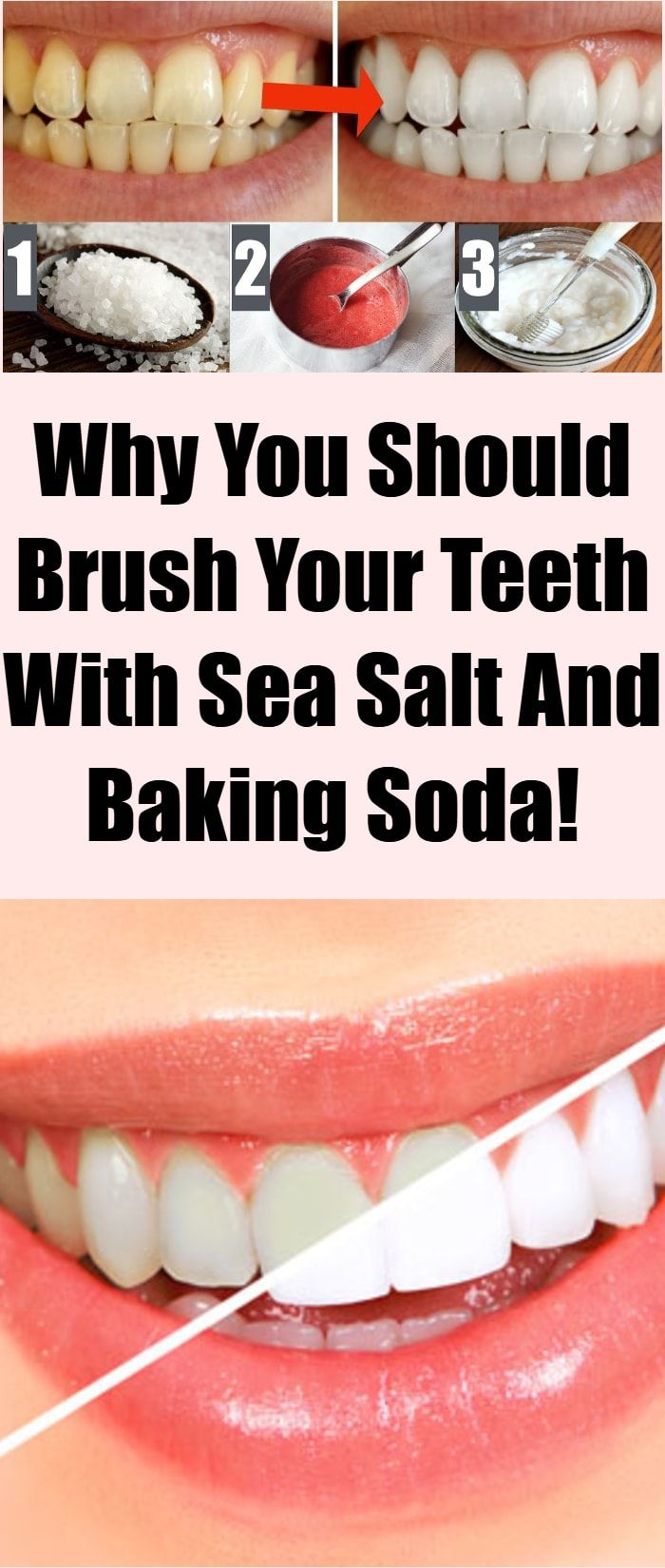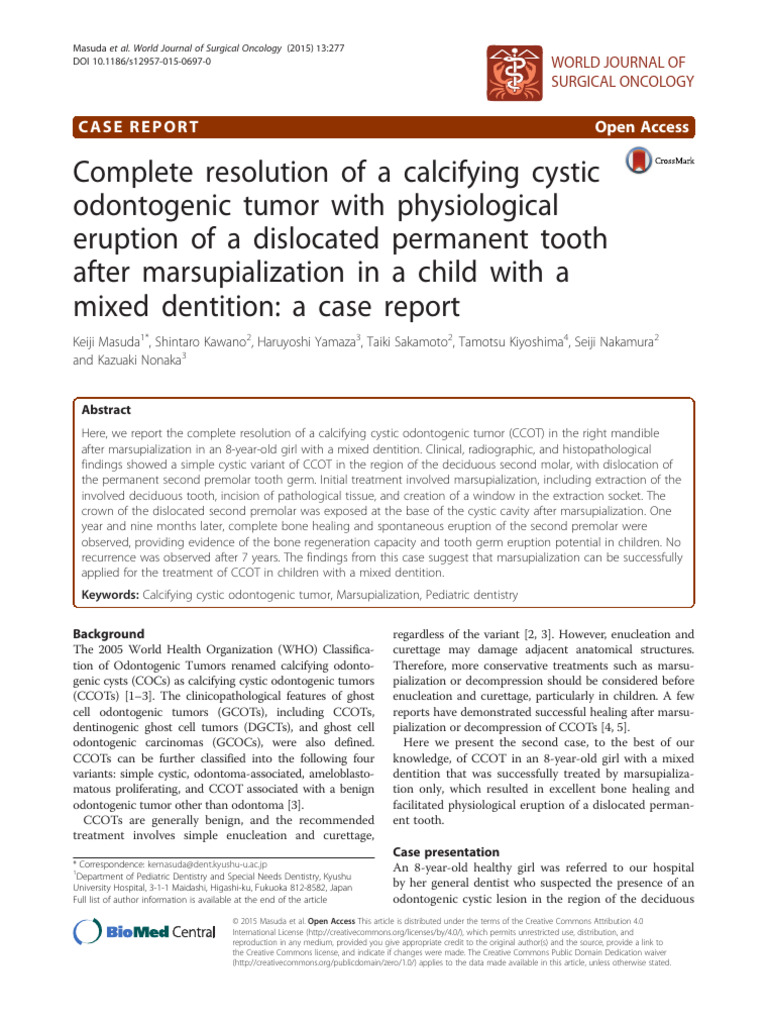Brushing Your Teeth With Salt

The practice of brushing your teeth with salt has been a topic of discussion for centuries, with some swearing by its benefits and others warning of its dangers. As we delve into the world of oral hygiene, it’s essential to separate fact from fiction and explore the potential effects of using salt as a toothbrushing agent.
Historically, salt was used as a crude form of toothpaste, particularly in ancient civilizations where access to modern dental care was limited. The idea behind using salt was that its abrasive nature could help remove plaque and stains from teeth, leaving them feeling clean and fresh. However, as our understanding of oral health has evolved, so too have our methods for maintaining healthy teeth and gums.
One of the primary concerns with brushing your teeth with salt is its potential to damage tooth enamel. Enamel, the hard outer layer of the tooth, is vulnerable to abrasion, and using salt as a brushing agent can wear it down over time. This can lead to sensitivity, discoloration, and even cavities. Furthermore, salt does not contain the necessary ingredients to effectively combat bacteria and prevent tooth decay, which are essential components of modern toothpastes.
On the other hand, some proponents of brushing with salt argue that it can help reduce inflammation and kill bacteria in the mouth. Salt has natural antibacterial properties, which can aid in reducing plaque and preventing gum disease. Additionally, salt can help reduce the acidity of the mouth, creating an environment less conducive to bacterial growth.
To better understand the effects of brushing with salt, let’s examine the chemical composition of salt and its potential interactions with oral tissues. Salt, or sodium chloride, is a crystalline mineral that can be abrasive when used in its raw form. When applied to teeth, salt can help break down plaque and stains, but it can also damage the enamel and expose the underlying dentin.
In contrast, modern toothpastes contain a combination of ingredients designed to effectively clean and protect teeth. These ingredients include mild abrasives, such as silica or calcium carbonate, which help remove plaque and stains without damaging enamel. Additionally, toothpastes often contain fluoride, which helps strengthen tooth enamel and prevent decay.
So, what’s the verdict on brushing your teeth with salt? While it may have some limited benefits, such as reducing inflammation and killing bacteria, the risks associated with damaging tooth enamel and failing to provide adequate protection against decay far outweigh any potential advantages. Instead, it’s recommended to stick with modern toothpastes that have been specifically designed to effectively clean and protect teeth.
In conclusion, brushing your teeth with salt is not a recommended practice, despite its historical use and potential benefits. The risks associated with enamel damage and inadequate protection against decay make it a less-than-ideal choice for maintaining good oral health. Instead, opt for a fluoride-rich toothpaste and a soft-bristled toothbrush to keep your teeth clean, strong, and healthy.
Key Takeaways:
- Brushing your teeth with salt can damage tooth enamel and lead to sensitivity and cavities.
- Salt does not contain the necessary ingredients to effectively combat bacteria and prevent tooth decay.
- Modern toothpastes are designed to effectively clean and protect teeth, with ingredients such as mild abrasives and fluoride.
- Brushing with salt is not a recommended practice, despite its potential benefits in reducing inflammation and killing bacteria.
Is brushing your teeth with salt a recommended practice?
+No, brushing your teeth with salt is not a recommended practice. While it may have some limited benefits, the risks associated with damaging tooth enamel and failing to provide adequate protection against decay far outweigh any potential advantages.
What are the potential risks of brushing your teeth with salt?
+The potential risks of brushing your teeth with salt include damaging tooth enamel, leading to sensitivity and cavities, and failing to provide adequate protection against decay.
What are the benefits of using modern toothpastes?
+Modern toothpastes are designed to effectively clean and protect teeth, with ingredients such as mild abrasives and fluoride. They provide a comprehensive approach to oral hygiene, helping to prevent decay, gum disease, and other oral health issues.
As we continue to explore the world of oral health, it’s essential to remember that proper brushing and flossing techniques, combined with regular dental check-ups, are the keys to maintaining a healthy, happy smile. By understanding the potential risks and benefits of different brushing agents, we can make informed decisions about our oral health and take the necessary steps to protect our teeth and gums for years to come.
